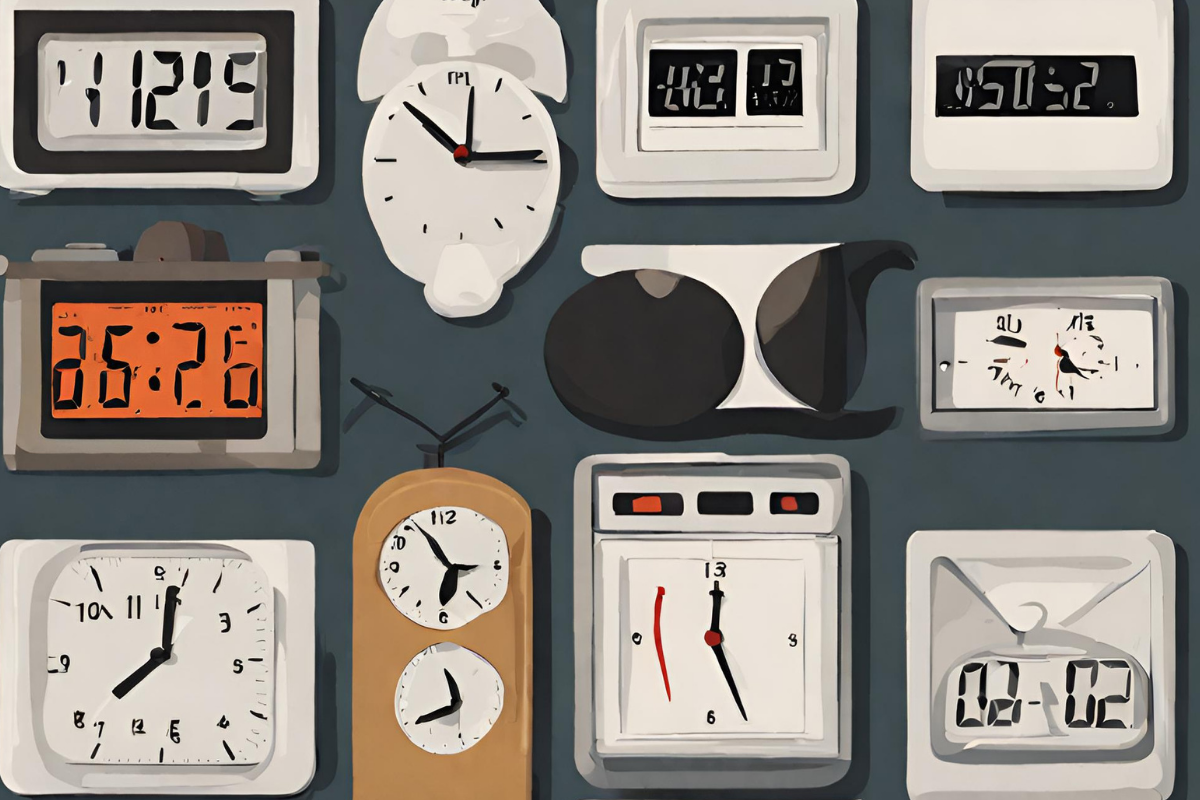The short answer is yes, excessive use of electronic screens, especially before bed can in fact harm your sleep cycle. It seems that children and teens are particularly affected by this issue with more American’s reporting sleep issues than ever before.
One of the main causes for concern is how the light from screens impacts the bodies melatonin production, one of the key hormones the body produces to let you know it’s time to fall asleep.
What Hormones Do We Need For Sleep?
The human body follows a natural 24-hour sleep-wake cycle, also known as the circadian rhythm. This cycle is regulated by two key hormones—cortisol, which wakes you up in the morning, and melatonin, which makes you feel sleepy as the day fades.
Electronic devices, especially those with backlit screens, emit a specific kind of light—short-wavelength enriched light or blue light. This blue light can interfere with the natural production of melatonin, delaying feelings of sleepiness and disturbing your circadian rhythm.
It is possible to supplement melatonin to get back on a natural sleep schedule, although this is of course not an ideal long term solution and can lead to day time drowsiness in some cases.
Blue light can also affect the quality of your sleep by reducing the amount of time you spend in the crucial stages of the sleep cycle. Particularly the stages known as slow-wave and rapid-eye movement (REM) sleep.
How To Combat Screen Related Insomnia, Without Melatonin Supplementation
Controlling Electronics Use for Better Sleep
While it is recommended to avoid electronic devices in the hours leading up to bedtime, this may not be an option for everyone, especially those who work or study at night. Below are some strategies you can implement to mitigate the effects of screen exposure on your sleep.
Decrease Daytime and Nighttime Electronics Use
Prolonged use of electronic devices during the day can also impact your sleep, especially among adolescents. If you’re a parent discuss with your children about excessive electronics exposure and, if necessary, impose restrictions on their daily use.
Establish a Relaxing Bedtime Routine
Having a regular bedtime that ensures adequate rest is essential for healthy sleep. The hour before bed should be reserved for relaxing activities that don't involve devices with screens.
Make Your Bedroom a Screen-Free Zone
Keeping electronic devices out of your bedroom can significantly improve your sleep quality. This includes your television, computer, and smartphone.
Use Nighttime Mode
Many electronic devices now have a "nighttime mode" which reduces blue light emissions and dims the display, making it less disruptive to your sleep. This is by no means a perfect solution, but it is better than none at all.
Invest in "Blue Blocker" Glasses
If you need to use screens in the evening, consider getting a pair of orange-tinted glasses designed to block blue light emissions. However, the science on these is a little mixed, with some studies showing that they don’t make much of an impact.
Sleep Recommendations for Children and Adolescents
The National Sleep Foundation (NSF) and the American Academy of Sleep Medicine (AASM) have set guidelines for sleep duration across different age groups. According to these guidelines, teenagers (14–17 years) should aim for 8–10 hours of sleep per day. Adults actually need significantly less REM sleep, meaning that the issue is of course worse for children.
Consequences of Insufficient Sleep
Not getting enough sleep can lead to a host of health problems. Ranging in everything from obesity and psychological problems through to the expected cognitive issues and brain fog. In children and adolescents it can even impair brain development as well as other physical issues. Therefore, getting enough sleep is vital for maintaining good health.



